#update in europe
Explore tagged Tumblr posts
Text


#news#politics#news update#public news#world news#breaking news#brian thompson#luigi mangione#europe#european news#britain#nyc#us politics
800 notes
·
View notes
Text



#yemen#jerusalem#tel aviv#current events#palestine#free palestine#gaza#free gaza#news on gaza#palestine news#news update#war news#war on gaza#fascism#anti zionism#europe
725 notes
·
View notes
Text

i havent drawn anything worth posting in a while hi ^__^ erm..... are texans always this strange and unusual?
#reverse 1999#reverse 1999 spoilers#????????????#i love being a gacha gamer goodlord. its like embarrassing how much my brain likes them.#it all started with bandori.......... i can never escape now.#esp as like. a video game design student. i recognise most of these games have like no good gameplay. but i cant help it...its fun..#i love logging in for like 5 minutes every day doing my stupid dailies and thats it. maybe repeat that once more in the afternoon#im yappiiingggg anyways the new reverse update is nice#they should go back to europe tho pspspsps come to the balkans ^_^ we have so much drama worth exploring.#i liked argus but mostly in the scenes where they werent trying to make her look cool....just a nice lady overall. id like to hang out w he#i think im gonna start posting more ocs from now on tho.... def on my brain more#i know people barely interact with those posts of mine but who gaf#or maybe pjsk since its slowly creeping its way back into my brain. mizukiwhen i fucking get you.mizuki#ermmm ok thats all i have to say for now adios#(dont read the rest of these its embarrassign)#argus reverse 1999#tuesday reverse 1999#wtf is that other girls name#kimberly reverse 1999#i think idk#shes so fun wtf is wrong with you.#art i made
146 notes
·
View notes
Text

87 notes
·
View notes
Text
ATTENTION MERLIN NATION
I am going to Pierrefond, the castle where Merlin was filmed, if anyone needs specific photos, let me know, I shall take them and distribute them.
It shall be glorious and I may end up drawing it even though it’s not interesting architecturally (to me, honestly depends on what your interested in)
#ember’s europe trip#sorry this is out of order#I wanted to do some kind of update#bbc merlin#in a land of myth and a time of legend#merlin#chateau de pierrefonds#france
24 notes
·
View notes
Text
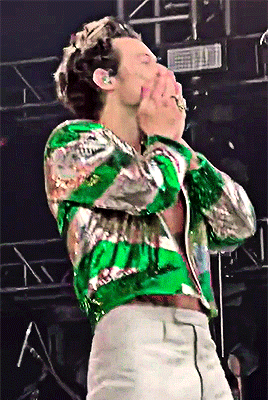
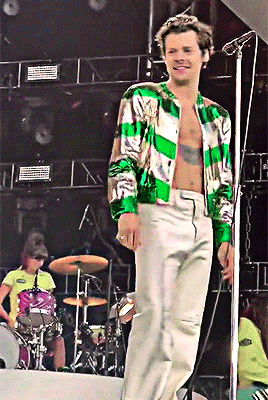
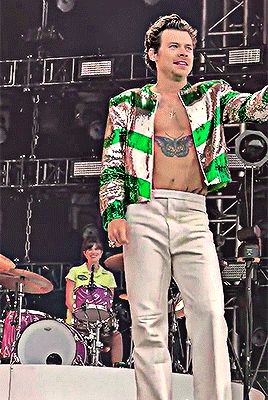

Slane Castle, June 10, 2023
#harry styles#harry styles gif#harry's house#hstylesedit#hstylesgif#hslot 2023#gifs#hslot#hslot europe#hslot slane castle#love on tour#harry update
287 notes
·
View notes
Text
Eeek! Fun news that I don’t think I shared: I’m studying abroad in London starting January 23rd and I’m super duper excited and forever grateful for this opportunity :)
(except I didn’t get my history class about the British monarchy I wanted) sigh…
BUT IM SUPER EXCITED AND THE CLASSES I AM TAKING ARE AWESOME:
Luxury Brand Management
British Politics
Art and Activism
Socially Conscious Leadership
The Science of Wellbeing
(Maybe I’ll come back with a British accent too👀…)
17 notes
·
View notes
Text
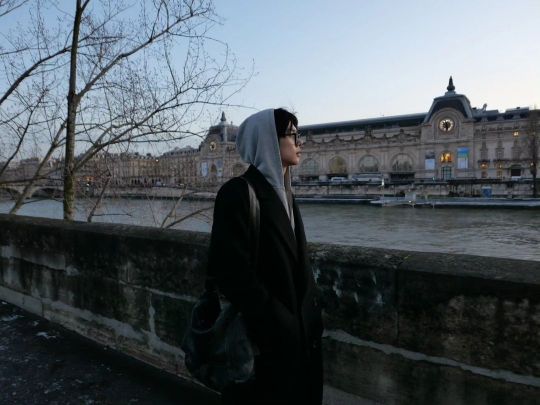


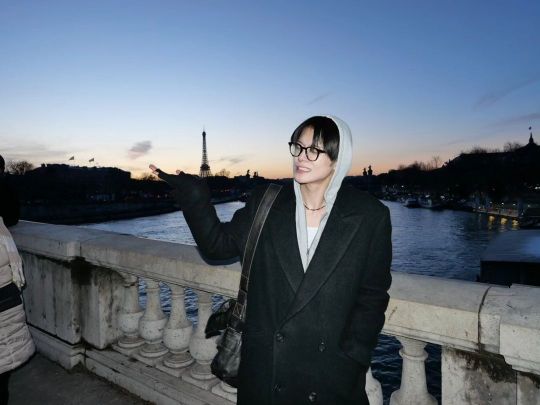
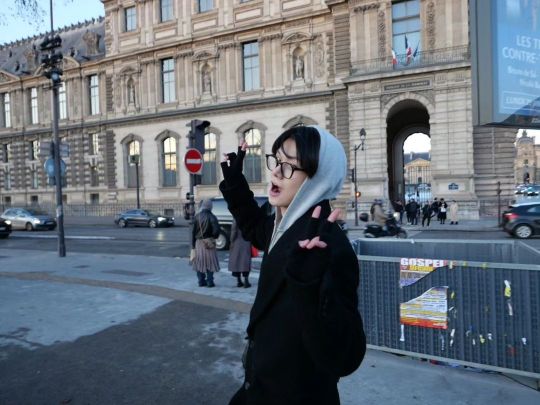


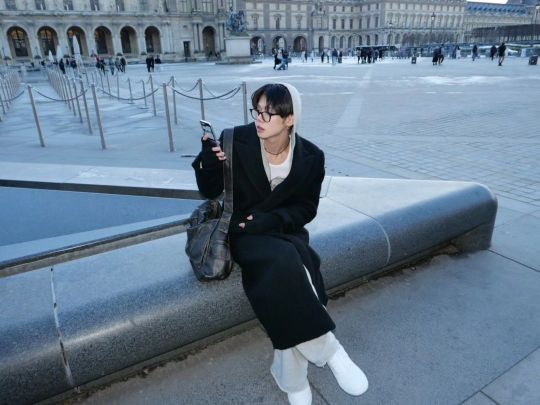

(240119) yawnzzn instagram update: Yeonjun in Paris photo by bamgyuuuu
#.ay#yeonjun#tomorrow x together#ig update#oh my god#first yawnzzn posts of 2024 being from europe#this is so for me ;o;#thank you beomgyu these are stunning#especially 6th
62 notes
·
View notes
Text

YEAAAAAAASSSSSS SHFJAJJDHVSJKYIDISOMG SCREAMING CRYING THROWING UP.
CATCH ME IN BERLIN😭😭😭😭💘💘💘🫶🏻🫶🏻🫶🏻🫶🏻
35 notes
·
View notes
Text
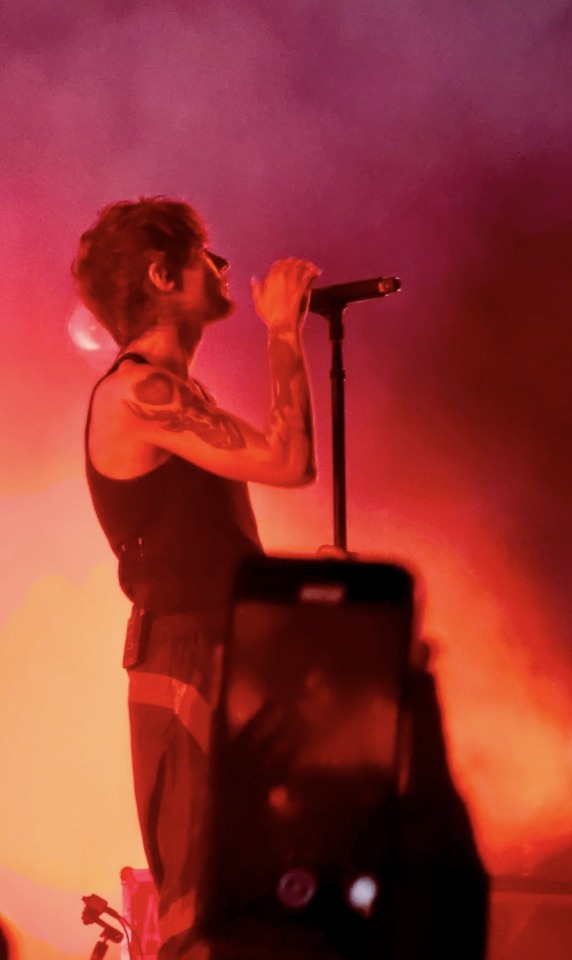


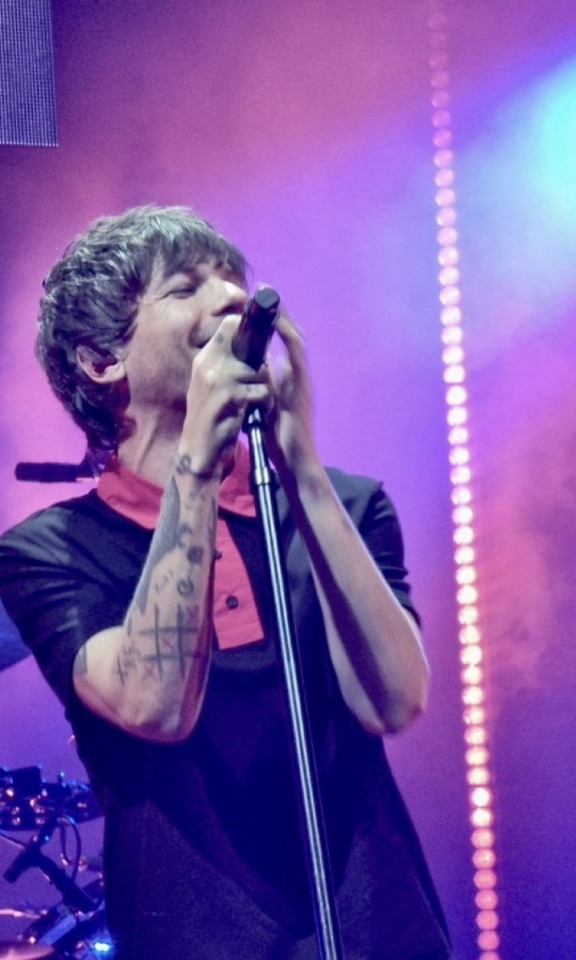



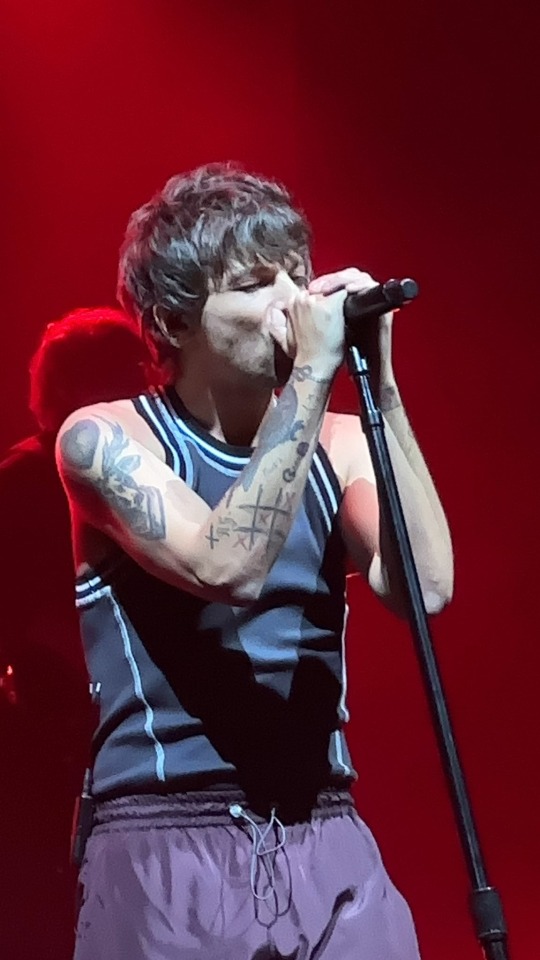
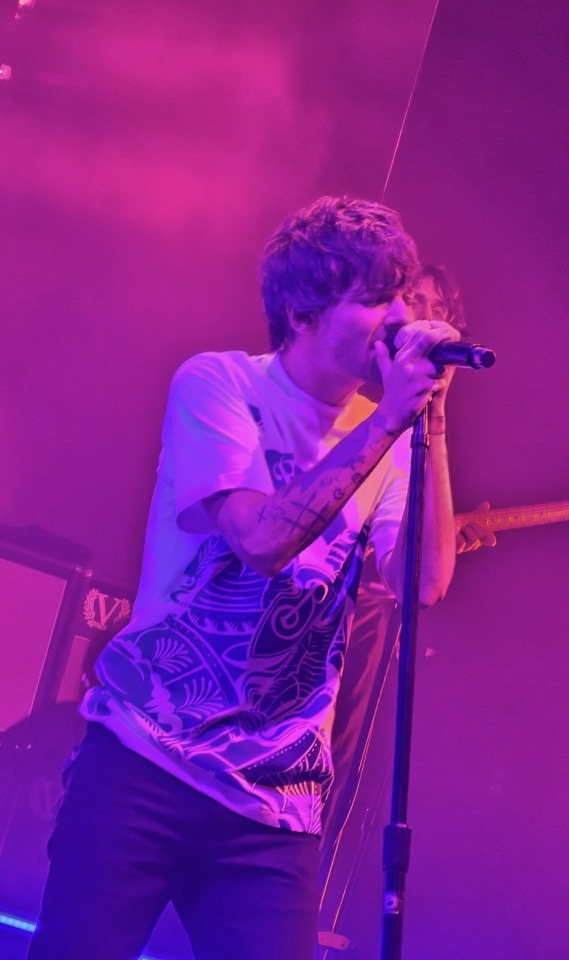

Louis Tomlinson, FITFWT EU Leg colour palettes
(dublin-birmingham)
#final one of this year 😭😭😭#louis tomlinson#fitfwt#fitfwt europe#colour palette#louis updates#fitf world tour#fitfwt: eu#fitfwt: europe#hlcreators
72 notes
·
View notes
Text


Source 1
Source 2
#luigi mangione#news#politics#news update#public news#world news#breaking news#mario and luigi#luigi fanart#mario bros#luigi mario#luigi nintendo#free luigi#usa news#usa#america#united states#united states of america#protests#americans#usa healthcare#healthcare is a human right#fuck ceos#oligarchy#tiktok#elon musk#donald trump#russia ukraine conflict#russia#europe
15 notes
·
View notes
Text


The initial number reported by the Israeli media was 10,000+ before the articles were edited to be more in line with the official number given by the Ministry of defence

Anyway the number of injured soldiers has grown exponentially as this is what the Resistance is doing to the IDF

As far as recruiting European soldiers is concerned, we've already seen evidence of that happening. At any rate, those soldiers will face the same fate as the IDF because no matter your training or the tech you use, you cannot beat a guerilla army with an extensive tunnel system, fighting on its land.
#yemen#jerusalem#tel aviv#current events#palestine#free palestine#gaza#free gaza#news on gaza#palestine news#news update#war news#war on gaza#palestinian resistance#europe
395 notes
·
View notes
Text
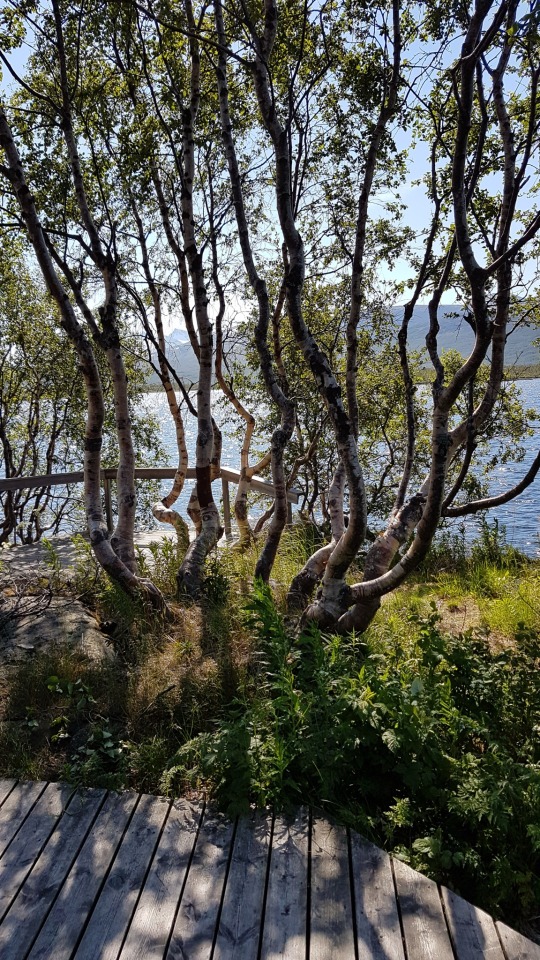
The oddest trees I’ve ever seen. Taken on the boarders to Norway but still in Sweden 🇸🇪😂
#sweden#swedish#swedit#åre#nature#my pics#see my vision#explore#hope you enjoy#elegant#wierd stuff#oddities#picture of the day#advertising#aesthetic#beautiful#beauty#europe#scandinavian style#oddworld#special post#funny#lol#the great north#journal#life#landscape#update#sharing is caring#gorgeous
40 notes
·
View notes
Text

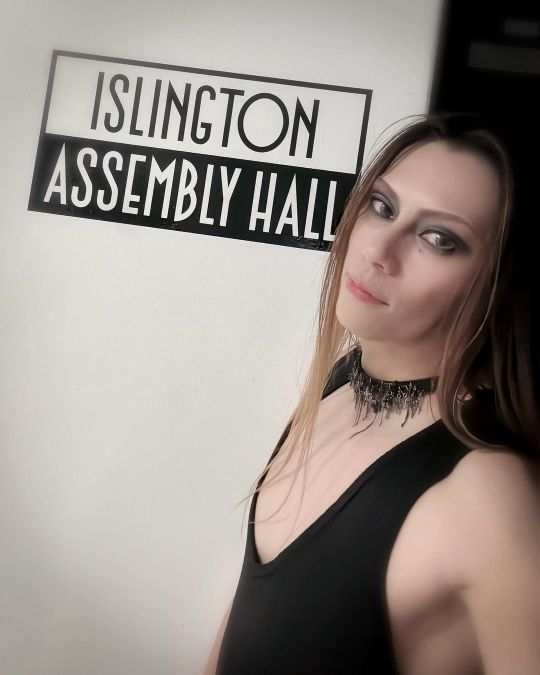
DAMN!
145 notes
·
View notes
Text
🌏🌍🌎 You know when you have the USA, NATO, Russia, and China united against you, you're cooked.
Is there any conflict or potential brewing conflict where you can potentially see the United States, Russia, and China cooperating?
#usa news#usa politics#usa#nato#united nations#russia#china#uk#ukrainian#ukraine#europe#european#france#germany#india#turkiye#turkey#news update#human rights#war news#genocide#palestine#free gaza#gaza#gaza genocide#tel aviv#antisemitism
20 notes
·
View notes
Text




Slane Castle, June 10, 2023
#harry styles#harry styles gif#harry's house#gifs#hslot#hslot 2023#hstylesedit#hstylesgif#hslot europe#love on tour#hslot slane castle#harry update
348 notes
·
View notes